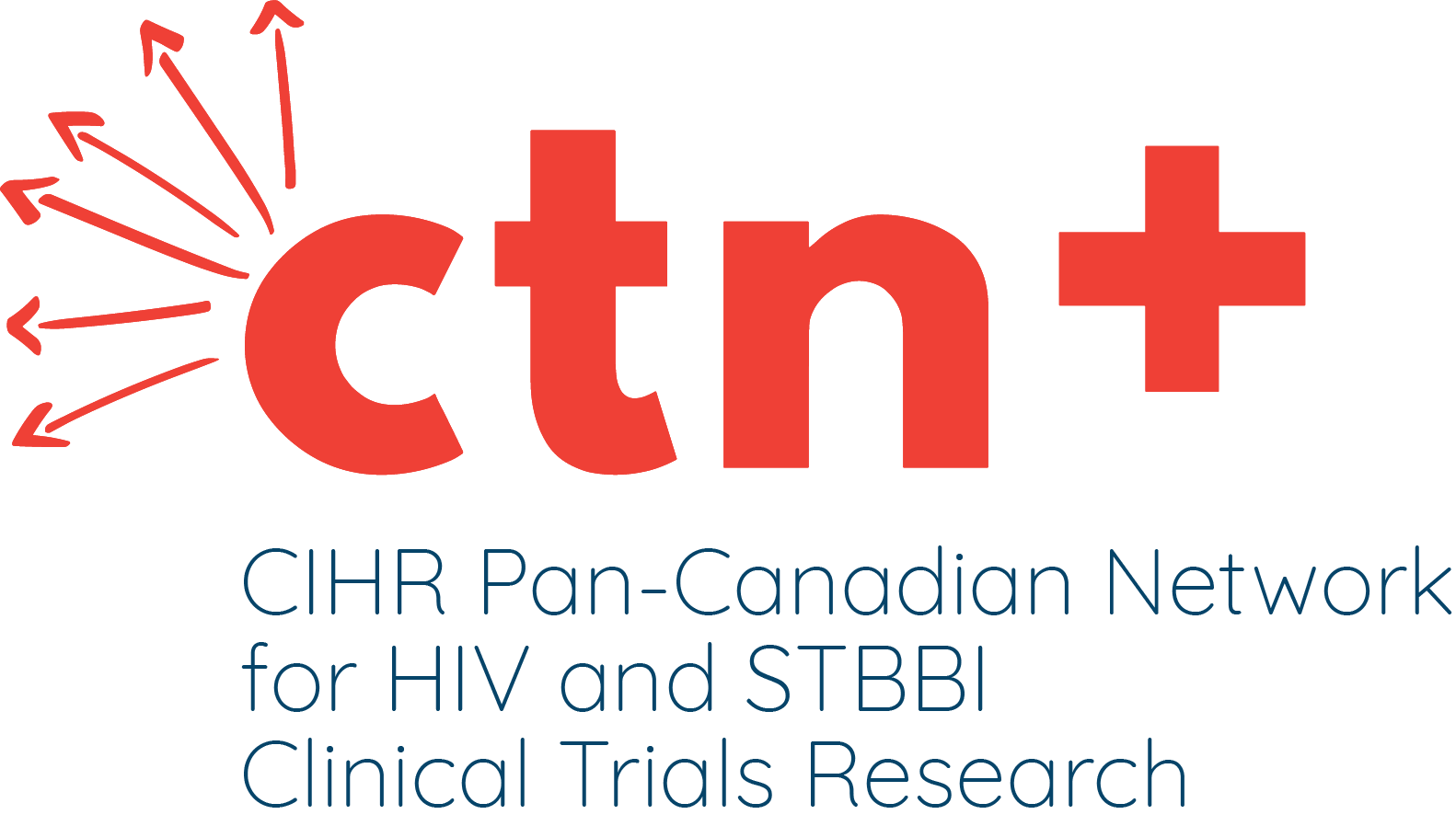The human face of data
During my graduate work at the University of Manitoba’s Department of Medical Microbiology and Infectious Diseases, I had the unique opportunity to collaborate with two diverse community groups. The first, Sunshine House in Winnipeg, Manitoba, is dedicated to supporting street-involved people. The second, the Baba Dogo and Pumwani community clinics in Nairobi, Kenya, employs peer outreach and clinical trials to prevent new HIV infections and understand the dynamics of HIV within the community. Both support community-driven priorities. My experiences working with both communities solidified the importance of diverse voices in research and in defining research priorities.
Through the relationships I built with Sunshine House and Baba Dogo and Pumwani community members, I have grown as a scientist, and the people I met have influenced how I see data and how I interpret results. They have taught me to appreciate the human voices behind every datapoint, and to view data within the broader context of a person’s lived reality and experience. These interactions have encouraged me to think outside the box when interpreting results and to question any preconceived notions about a person’s health, well-being, or risk factors. I believe that through my interactions with the community, I have become a better scientist, and a more understanding and well-rounded individual.
These experiences have played a significant part in shaping my future career goals and are why I was drawn to the group I am currently working with during my postdoc, where I explore critical health disparities faced by women living with HIV.
My Postdoctoral Project: Understanding the aging experiences of women living with HIV
Globally, over half (53 per cent) of the people living with HIV are women and girls. Yet despite effective treatments that have increased life expectancy, women living with HIV in Canada have a life expectancy seven years shorter than men living with HIV and five to 10 years shorter than women without HIV. Women living with HIV can experience a disproportionate number of age-related conditions. Although the reasons for this remain unclear, women living with HIV tend to experience decreases in sex hormone levels earlier in life. Given that these hormones are protective to health, lower levels may contribute to earlier and higher risk of concurrent conditions. Addressing this health disparity and understanding the aging experiences of women living with HIV are research priorities identified by the women living with HIV that we consulted and continue to work with as part of our study.
The British Columbia CARMA–CHIWOS Collaboration is a community-based research study focused on women’s health across their lifespan, based at the Oak Tree clinic and the University of British Columbia in Vancouver. The CIHR-funded study integrates two established Canadian research cohorts of women living with HIV, CARMA (Children and Women: AntiRetroviral therapy and Markers of Aging), and CHIWOS (Canadian HIV WOmen’s Sexual and Reproductive Health Cohort Study), in a holistic cell-to-society approach. It uses biological specimens, clinical data and extensive psycho-social determinants of health data collection to address key questions regarding the health of women living with HIV that could not be accomplished elsewhere. This project is co-led by several amazing researchers including my supervisors Drs. Melanie Murray and Hélène Côté whom I met at the International AIDS Conference in Montreal in 2022.
Understanding the health disparities between women living with HIV and women not living with HIV and the underlying biological reasons is a goal of my CTN Postdoctoral Fellowship project entitled, “The effect of hormones on cellular aging and comorbidities in women living with HIV.” The main objective is to understand HIV’s effects on sex hormones, inflammation, and cellular aging, and potential links to concurrent conditions. Sex hormones play an important role in regulating many body processes including immune function, inflammation, and cellular aging, however, these links remain largely unexplored, especially in the context of HIV. My project will address how key hormones — estradiol, estrone, progesterone, cortisol, and testosterone — are associated with markers of cellular aging, immune cells’ ability to respond to hormones, markers of inflammation, and age-related illnesses in women. Utilizing a big data approach, bringing together biological, clinical, and social data, this project will help understand the biological impacts of altered hormones in women living with HIV, provide a better understanding of aging in women living with HIV, and inform potential avenues to improve their care.
Looking ahead
My long-term career goals are two-fold. First, to work hand in hand with community partners to improve patient care and outcomes. The past nine years of engagement with diverse communities have made it abundantly clear that research which engages the community throughout all stages generates findings that are more meaningful and favours real-world applications by directly answering questions important to the community. My second long-term career goal is to utilize “big data” approaches to understand the intricate relationships between the immune system, social-demographics, and health outcomes.
My journey in HIV research has been shaped by the invaluable lessons learned from community engagement and the pursuit of health equity. As I look ahead, I am committed to creating meaningful impacts on patient care and scientific understanding.
Learn more about the BCC3 CARMA–CHIWOS collaboration at hivhearme.ca or on Twitter/Facebook.







